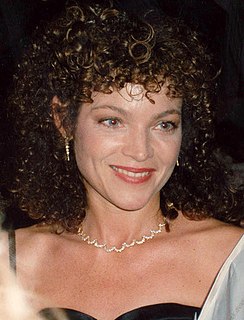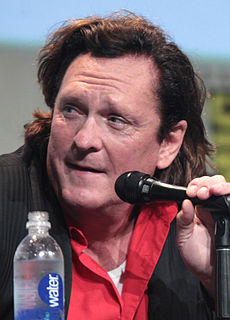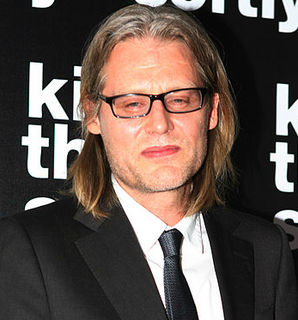A Quote by Kate del Castillo
Sadly most films only get exposure if they win an award or were in a festival, which is really difficult because those things cost money! Submitting your film to a festival or campaigning for an Oscar or a Golden Globe is very expensive. Most people don't know that, but all those events require a lot of money. If you have a small independent film, it's very hard to get the attention of people in those circles.
Related Quotes
When you're battling against the minds of the studios and the money that can go into promoting larger budget films, it's very hard for a very small-budget Australian film to get a look in. You can get critically acclaimed and go to various film festivals around the world, but that doesn't necessarily mean the majority of people are going to hear about it.
If you get to bring a little movie on the festival circuit, it's a nice experience because you get to see it with an audience. People who go to festivals to watch films are usually a little more eager to enjoy them. It's exciting because it's like you're going to the film's opening night at every festival.
What's great about the Sundance Film Festival is the festival takes over that town as it's intended to do. But, it's very focused on a lot of other filmmakers and distributors so it almost feels like, while they're a lot of so-called civilians there, it's an opportunity that you have to see, to show your stuff to the other folks, your peers really, and to get that reaction.
There is a sort of creative purity in an independent film, in the passion of the director, the passion of the crew. They're not getting a whole lot of money, so you know they are not there because they want to get rich. Instead, they are there because they want to make a movie. In the bigger films, I remember when I used to do those, it's just a job for a lot of people, so there is less of an intense energy devoted to the whole project.
I went back to work right away [after prison]. I was very lucky — a friend of mine created a job for me at his company. Most prisoners who come home face really significant challenges when it comes to finding work. It’s very, very hard for most people who have a criminal record to get a job. I think the system is very wasteful of taxpayers’ dollars. It’s also very wasteful of human potential. I found that most people whom I was locked up with were, you know, good people who have skills and value. Prison is a missed opportunity to nurture those things.
You know, independent films have been institutionalized, practically. Every studio has got a boutique arthouse label. There's like, 18 different independent film-financing funds. In fact, I think the children of those films are getting made. A more interesting question is whether those films are going to get seen and appreciated.
The Twelve Chairs is about the same thing. It's all about money or love. We know we need money, we know we have to get money, we know we have to hurt others to get money. But we don't know until maybe it's a little too late in life that love is the most important thing. Love, friendship, affection, bonhomie, whatever. Those are the only things that really count: to love and be loved.
I always feel that crime films are about capitalism because it is a genre where it is perfectly acceptable for all the characters to be motivated by the desire for money. In some ways, the crime film is the most honest American film because it portrays Americans as I experience a lot of them, in Hollywood, as being very concerned with money.




































